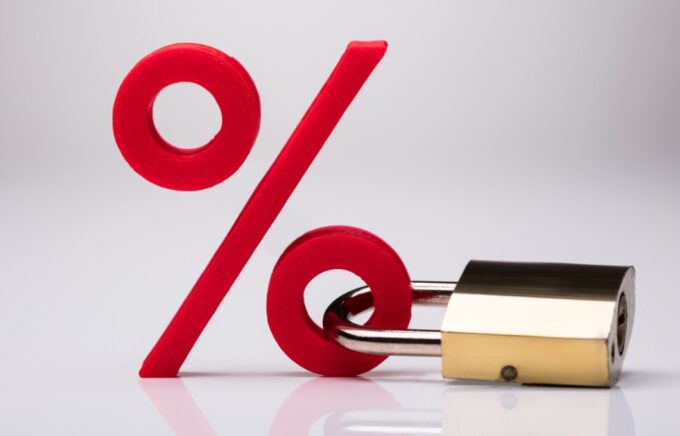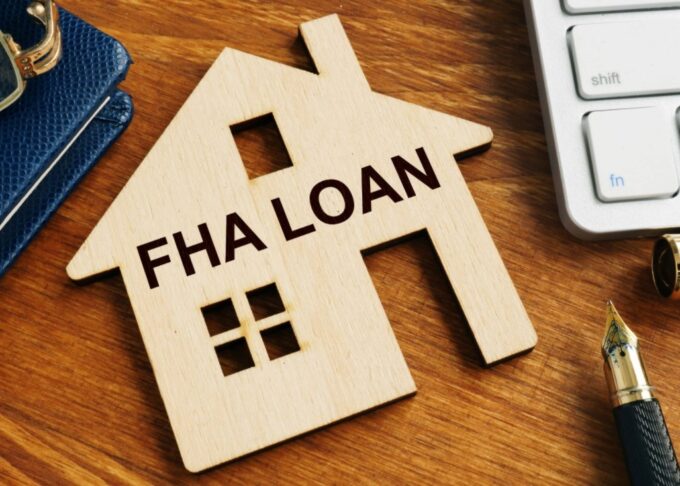Everyone wants to have their home — a place that they can call their own, where they can spend beautiful moments of life. But no matter how strongly you wish to buy your place, let’s admit that buying a new home takes more than just a desire to be a homeowner. It requires money, in fact, a lot of money.
So, no matter how soon you want to buy your very first house, you will have to look up different financing options to manage money first. Unless you have saved money for ages or know a rich friend, the loan is the best option for first-time homebuyers. But the real question is: which loan should you opt for?
In case you don’t know, there are many types of loans, and so much information on all of them might make you feel overwhelmed while selecting the right loan for your home purchase. Without some research, jumping to a financial option can cost you a lot in terms of money, time, and bad experiences.
So, we have come up with a list of the best available loan financing options for you with their pros and cons in simple language. If you have seen a beautiful living space at Azcorealestate, or have contacted a real estate agent, these types of loans can help you while buying the house:
1. Fixed-Rate Loan

When you hear the word loan, this type of loan comes to your mind where you have to pay a fixed amount of money with an interest rate for an extended period until you pay off the loan along with interest. Usually, the borrower has to pay off this loan between 15-30 years. The interest rate decreases if you go for a longer period payment module.
The good thing about this option is that you know what you have to pay and for how long, so you can manage your finances accordingly. Moreover, you also don’t need to worry about the changing interest rate indexes because you will have to pay the same amount that was set when you borrowed the loan, irrespective of the market.
However, you have to make some down payment as a security to avail of this loan. So, go with this option if you are planning to buy your dream house that you will stick with for a long time. But if you plan to move to another option after some years, a fixed-rate loan might not help you in the best way.
2. FHA Loan

FHA stands for Federal Housing Association, a part of the U.S. Department of Housing and Urban Development. So, understandably, FHA loans are the mortgages provided by the FHA-approved vendors. These types of loans are the best for low-to-moderate income borrowers who can’t afford to pay a large sum of down payment or might also have a credit score problem.
So, with an FHA mortgage, you usually have to make a down payment of around 3.5% to the lender because these loans are FHA insured. It is a huge difference compared to other conventional loans’ amount, which is around 20% of the total amount.
That’s the reason FHA loans are so popular among first-time homebuyers who usually don’t have another asset to keep as a mortgage for the payment. However, if you are planning to opt for this option, get ready to go through lengthy paperwork and provide detailed personal information.
3. Non-Conforming Loan

You will find many online loan lenders and private institutes that offer loans to homebuyers. They might be giving out a conventional loan that a government institute backs, or that might not be the case. So, what happens is you go to a private lender, and they give you two options: either you can go with a non-conforming or conforming loan.
The conforming mortgage follows the government-sponsored enterprise (GSE) guidelines for funding. It means that you need to comply with certain terms and conditions to get this loan. However, non-conforming mortgages don’t follow GSE approved funding guidelines.
So, if you have bad credit or your size of the loan is larger than GSE guided loan size, the non-conforming loan can help you. But remember, that if you go with this type of loan, you are going against the FHA’s guidelines.
4. Adjustable-Rate Loan

A variable-rate mortgage, or popularly known as adjustable-rate mortgage, is a loan type where your interest rate might fluctuate from time to time. It might decrease or increase depending upon various factors. As compared to the fixed-rate mortgage, adjustable loan options usually begin with a lower rate than the market. This rate remains constant for some time, varying between a few months or a few years.
But if this loan is held for a longer time, the interest rate can spike depending on the market rate or the specific index set by the lender. Going with this option means that you are trying to test your luck. It can be the best option for you if the market rate doesn’t increase considerably. But it can bite you back if the interest rate starts increasing abruptly.
So, this option can come in handy if you don’t want to pay a huge interest rate initially and you are taking a small amount of loan for a short time. Buying a house is good, but it is even better if you buy it with a secure financial option that doesn’t make your life financially troubled after buying the house.
According to www.sccu.com, there are many mortgage loans that can financially assist you in buying your home, but all these options have their pros and cons that can impact you depending on your financial condition. So, research things, do a detailed analysis of your situation, and lookup for a reliable source if you want to make your home buying experience a memorable one.









